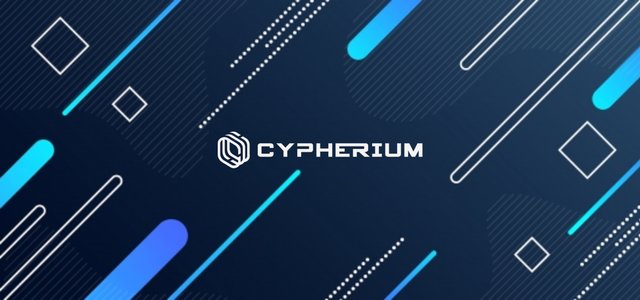Cypherium | The Controversial Issue of Scalability in Blockchain
Discussions around scalability in blockchain refer to blockchain’s ability to handle more activity (more blocks, more efficiency, more throughput). Each block is hard-coded at 1MB of data storage. In the beginning, this worked out just fine, but as Bitcoin has become more widespread, a larger amount of information is pumped into the system. The information needing to be processed is exceeding the Bitcoin Blockchain’s ability to manage it, thus, increasing transaction wait times. The disagreement about how to scale the chain throughput led us to the August 2017 “hard fork”.
The decision was controversial and split the crypto-community. Critics of this decision were concerned that by altering the original platform, the integrity of the chain would be compromised. Ultimately leading to increased volatility and uncertainty surrounding Bitcoin. While the value of Bitcoin has since gone up, scalability continues to be one of the leading issues. While we are seeing this debate manifest in the Bitcoin community, scalability remains a considerable hurdle the technology faces. Cypherium’s mission is to develop a solution to this longstanding challenge.
Using a combination of the Proof of Work and Practical Byzantine Fault Tolerance consensus mechanisms, we are able to create a highly scalable blockchain. Several companies are attempting to solve the issue of scalability, however, they have had to rely on more centralized methods to do so. By creating a hybrid chain, we are able to combine the strengths from each consensus method. We are leveraging Proof-of-Work’s efficiency and flexibility and PBFT’s low latency and historical dependability. The result is a blockchain that is as open and usable as the Bitcoin Blockchain that leverages the scalability enabled by PBFT.
Another important aspect of our product is the use of multi-layer governance. By separating governance at both the protocol and application layers, we are able to achieve optimal scalability on the main chain. Developers can write and execute smart contracts within a mini-fork without interfering with the main protocol. Once this is complete, the mini-fork is deleted and the smart contract then deploys onto the main chain and is ready to handle high-volume transaction applications.
Our team combines lead blockchain cryptographers with backgrounds at companies like Google, Amazon, and Microsoft. One of our Co-Founders and Lead Developer, Solomon Zhang, holds a Ph.D. from the University of Science and Technology of China and has extensive knowledge in cryptography and network security.
The work that we are doing here at Cypherium is going to solve one blockchain’s most compelling problems: scalability. The fundamental technology in the Cypherium Blockchain will achieve the apex of scalability, openness, flexibility, and commercialization viability. To learn more you can read our white paper, here, or join the conversation on our Telegram channel.
Official Channels:
Website: https://Cypherium.io
Medium: https://medium.com/cypherium
Telegram: https://T.me/cypherium_supergroup
Telegram Asia: https://T.me/cypherium_asia
Twitter: https://twitter.com/CypheriumChain?s=09
Kakao: https://open.kakao.com/o/ghgVo4Ob
Reddit: https://www.reddit.com/r/Cypherium/
Github: https://github.com/cypherium/CypherTestBin
Facebook: https://m.facebook.com/CypheriumChain/
Announcements: https://T.me/cypherium
